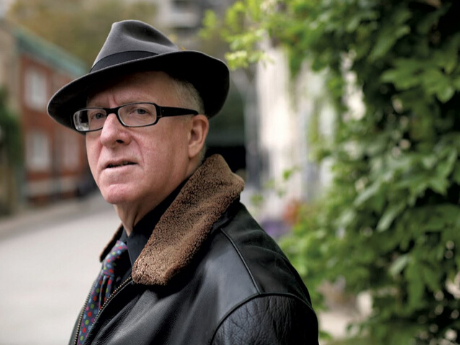Q & A: American Poetry
Q & A American Poetry: David Lehman

One thing that is distinctive about American poetry is the largeness of spirit in which people raise the question, "What is American poetry?". The question is asked in earnestness, innocence, and generosity. Compare this to the rigorous procedures of the French Academy, for example. There are other aspects of American poetry that set it apart: a certain lawless energy, a native strain of celebration and self-celebration. American poetry can be said to have issued its literary declaration of independence from Britain when Emerson railed against conformism, Whitman said he could "resist anything better than my own diversity," and Dickinson gave everyone permission to be "Nobody." The history of our poetry seems a history of defiant individuality to the point of eccentricity, and who would want it otherwise? Poetry is freedom, and that includes freedom from social obligations and literary norms. At the same time, the idea of America remains an enthralling possibility for the imagination. "The United States themselves are essentially the greatest poem," Whitman asserted in his prose introduction to the 1885 edition of Leaves of Grass. The genius of the United States, he wrote, rests not in its executives and legislatures but in the "unrhymed poetry" of the American people, which awaits "the gigantic and generous treatment worthy of it." The American poet in 1998 continues to find inspiration and sustenance in Whitman's words and in his vision of a country that absorbs its poets as affectionately as they have absorbed it.
Published 1999.


